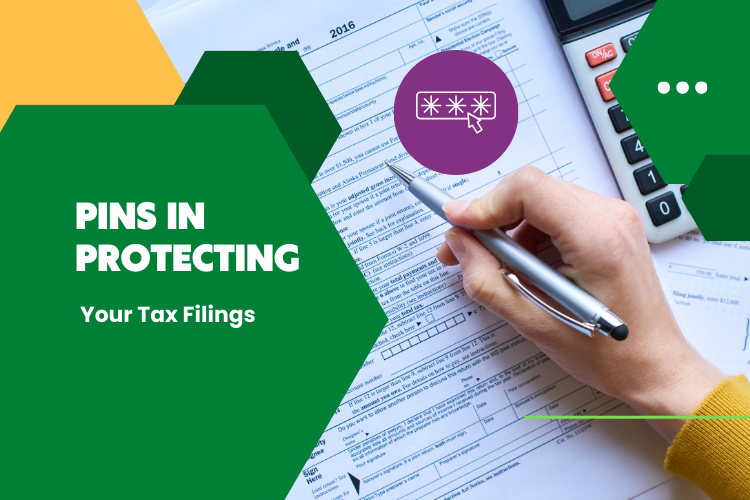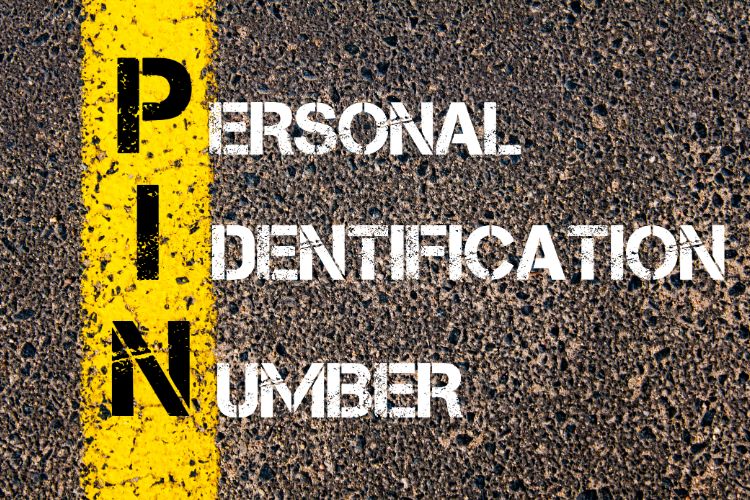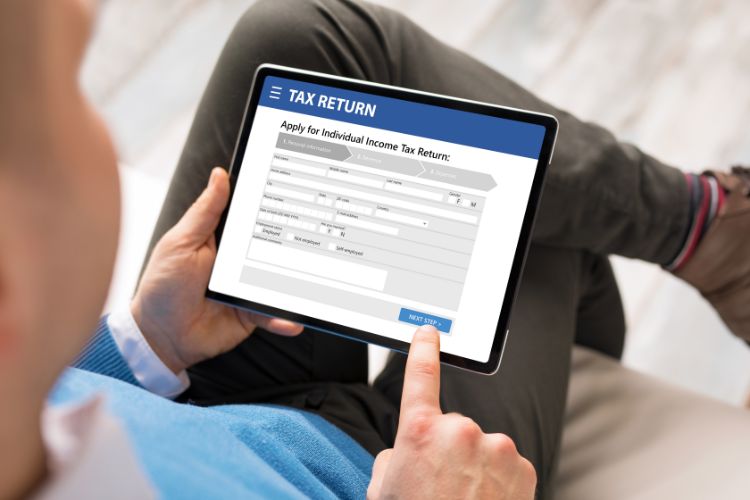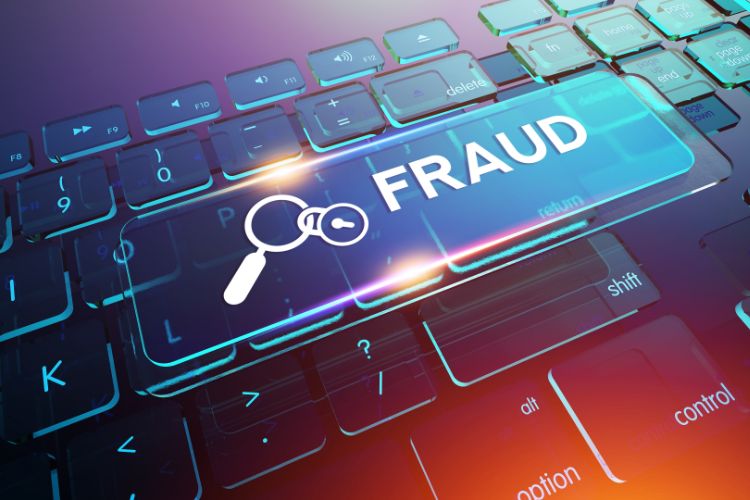
The Crucial Role of PINs in Protecting Your Tax Filings: Safeguarding Against Fraud
Security should be your top priority when filing your tax returns. The Internal Revenue Service (IRS) has implemented measures to protect taxpayers due to increasing identity theft and tax fraud.
One such measure is the Personal Identification Number (PIN), a critical tool in the fight against fraudulent activities.
In this article, we’ll explore the importance of having a PIN for filing your return and the types of tax fraud that can occur when you don’t have one.
Understanding the PIN

A PIN is a six-digit number that the IRS uses to verify the identity of taxpayers when they file their electronic or paper tax returns. Only the taxpayer and the IRS know this number, adding an extra security level.
There are two types of PINs that you should be aware of:
1. Identity Protection PIN (IP PIN):

This is a unique six-digit number given to identity theft victims whose cases have been closed annually or to people who choose to join the program.
It prevents someone else from filing a tax return with your Social Security Number (SSN).
2. Electronic Filing PIN:

This PIN is used to verify your identity when you e-file your tax return. However, as of 2017, the IRS has retired this program, and taxpayers now use their prior-year Adjusted Gross Income (AGI) or prior-year PIN if they do not have an IP PIN.
The Importance of Having a PIN

Having a PIN is akin to having a secret key that locks your tax identity securely. It ensures that even if someone can access your SSN and other personal information, they cannot file a tax return in your name.
This is particularly important because tax-related identity theft can have serious consequences, including:
1. False Tax Returns:

Fraudsters can use your SSN to file false tax returns and claim refunds. With a PIN, the IRS may be able to distinguish the fraudulent return from your legitimate one immediately.
2. Delayed Refunds:
If a criminal files a tax return in your name before you do, your legitimate refund may be delayed significantly as the IRS resolves the fraud case.
3. Damaged Credit:

Unresolved tax fraud can lead to issues with your credit if fraudulent debts are incurred in your name.
4. Complicated Financial Records:
Cleaning up after tax fraud is time-consuming and stressful. It can complicate your financial records and require you to take additional steps to secure your identity in the future.
Types of Tax Fraud When Lacking a PIN

Without a PIN, you are more vulnerable to several types of tax fraud, including:
1. Refund Fraud:
This occurs when a criminal files a bogus tax return using your SSN to claim a refund. The fraudster typically files early in the tax season before the legitimate taxpayer does.
2. Employment Fraud:

A fraudster may use your SSN to gain employment. You may only discover this when you receive a notice from the IRS about unreported income that the fraudster earned under your SSN.
3. Tax Liability Fraud:
Criminals can file fake tax returns that show false extra income or a balance due, leaving the victim financially responsible for taxes.
How to Get an IP PIN

If you’re eligible for an IP PIN, you can get one by using the IRS’s Get an IP PIN tool, by filing Form 15227 if your income is below $72,000, or by visiting a Taxpayer Assistance Center.
The IRS will send you a new IP PIN each year, which you must use to file your federal tax returns.
Conclusion
In conclusion, a PIN is essential to your tax filing process. It provides a robust defense against various forms of tax fraud, ensuring that your identity and refunds are protected.
If you’re eligible for an IP PIN, use this security feature. Remember, safeguarding your tax information is about protecting your money, identity, and financial well-being. Stay vigilant and make securing your tax filings a top priority.
